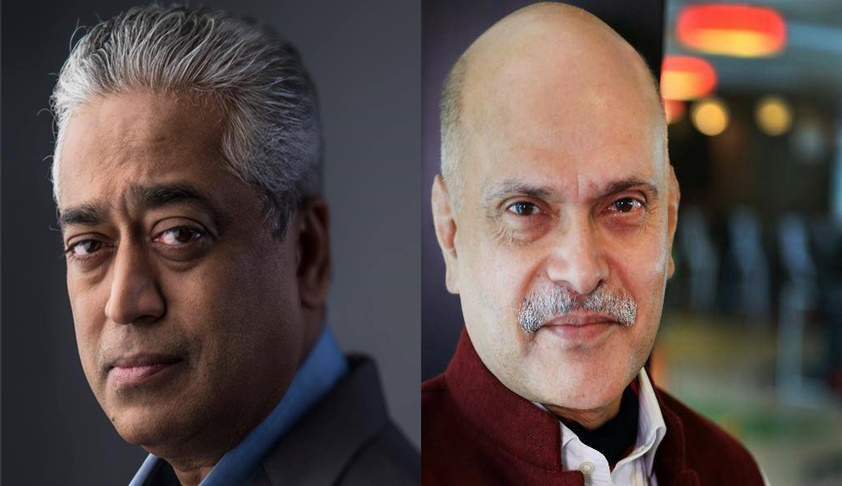- Home
- /
- Top Stories
- /
- SC Distinguishes Freedom Of The...
SC Distinguishes Freedom Of The Press From Defamation
LIVELAW NEWS NETWORK
10 Jan 2018 10:49 AM IST
The Supreme Court bench of the Chief Justice Dipak Misra, and justices A.M.Khanwilkar and D.Y.Chandrachud, on Monday, made it clear that every instance of wrong reporting by journalists cannot be equated with defamation.The observation, coming from the CJI Dipak Misra, who had upheld the constitutionality of Section 499 Indian Penal Code, dealing with the offence of defamation, is...
Next Story



